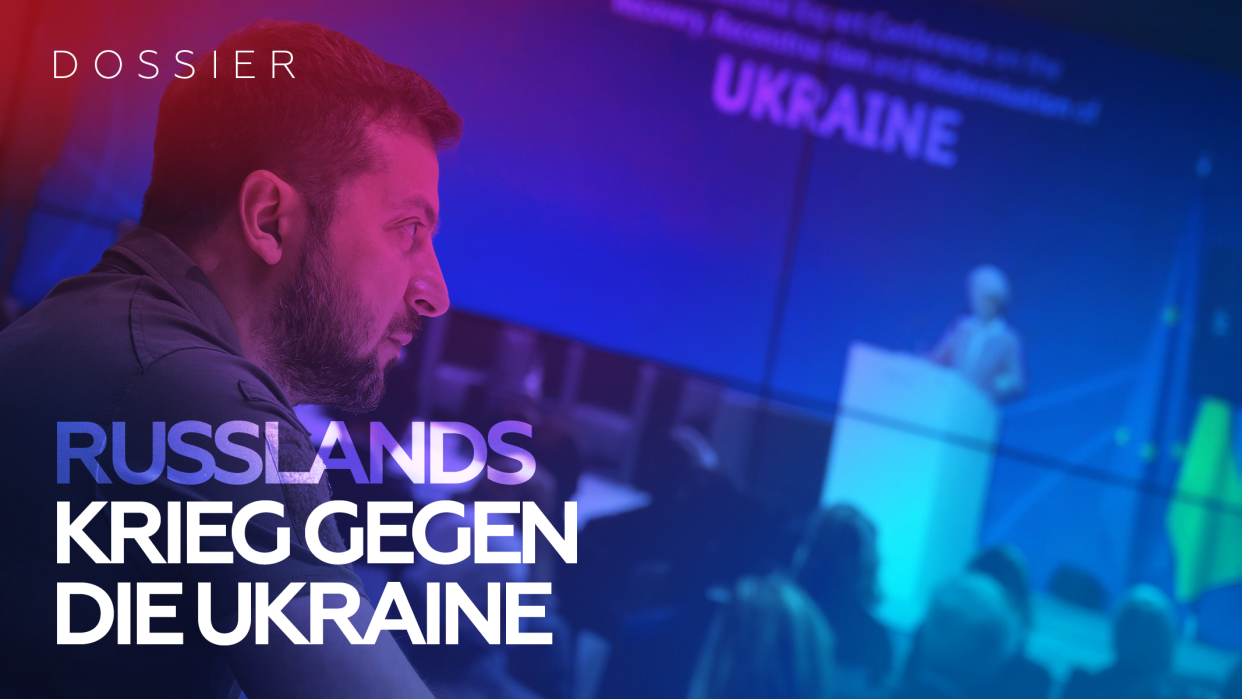The G7’s Geoeconomic Future
In an increasingly conflictual global environment, the G7 has become a more and more important geoeconomic actor. Yet looking at the case studies of Russia, Iran, and China reveals that the geoeconomic role the G7 plays has been mixed. For the G7 countries to improve their geoeconomic impact, they need to align their interests and risk perceptions, as well as improve their ability to propose and enact geoeconomic measures. In addition, the G7 should bolster its partnerships with other democracies and like-minded countries.
Macron’s Battle for his European Legacy
Emmanuel Macron’s second Sorbonne speech showed that the French leader wants to shape a European legacy that will outlast his presidency. In doing so, he also highlighted the major fault lines in the Franco-German relationship.
From Beijing to Kyiv
With his second visit to Beijing to see Chinese President Xi Jinping, German Chancellor Olaf Scholz set himself up for a failure. In contrast, Vice Chancellor Robert Habeck, when visiting Ukrainian President Volodymyr Zelensky three days later, had a firmer grasp of realities.
The Design of Informal Intergovernmental Organizations
Eine Industriepolitik für die Rüstung
Podcast
BerlinsideOut
Der neue Podcast "BerlinsideOut" gibt tiefe Einblick in die deutsche Außenpolitik. Die Moderatoren Benjamin Tallis , Senior Research Fellow und Leiter der „Aktionswerkstatt Zeitenwende“, und der Journalist Aaron Gasch Burnett, tauchen wöchentlich mit wechselnden Gästen tief in die geopolitischen Dynamiken und Deutschlands Rolle darin ein.
Jetzt anhören! Jeden Dienstag eine neue Folge auf allen großen Plattformen – Spotify, Apple Podcast, Podigee









